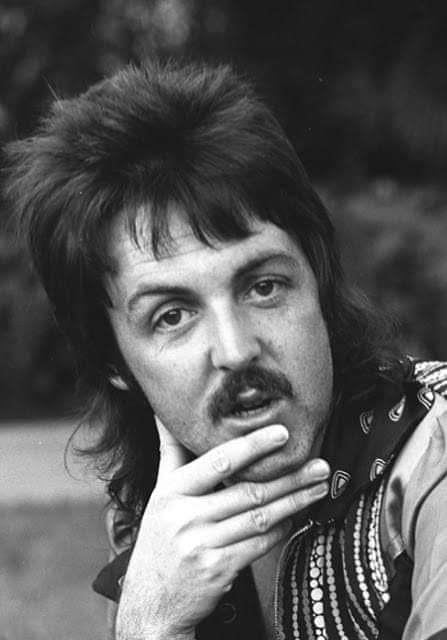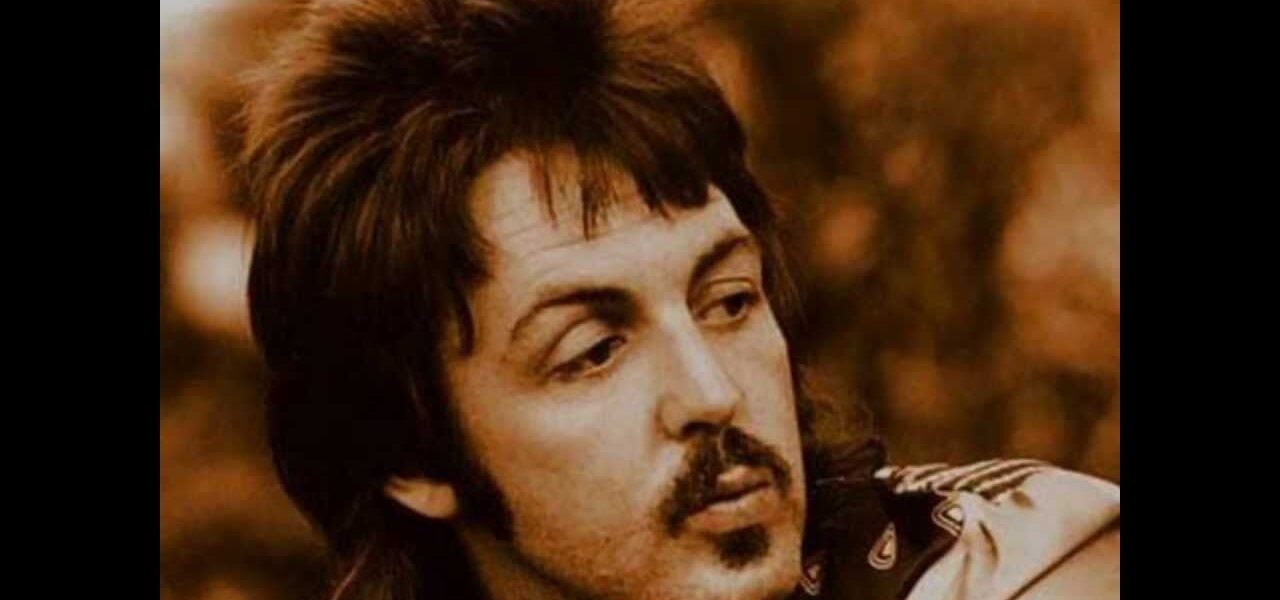Paul McCartney’s “Every Night”: A Song of Healing and Renewal
When Paul McCartney released his debut solo album McCartney in April 1970, the world was still reeling from the sudden collapse of The Beatles. Fans, critics, and the media were all trying to piece together what had gone wrong in the world’s most famous band. And hidden within the homemade simplicity of that album was one of McCartney’s most intimate compositions: “Every Night.”
This quiet, understated ballad became a window into his state of mind at the time—torn between the weight of his fame and the sanctuary he found in his new domestic life with Linda McCartney. It is a song of fatigue, of longing, but also of love’s redemptive power.
A Song Born from Exhaustion


In late 1969 and early 1970, Paul McCartney was in crisis. The Beatles were falling apart; arguments about money, management, and direction had driven the group into bitter conflict. McCartney, who had long been the band’s driving creative force, suddenly found himself isolated and uncertain about the future.
He admitted later that he sank into depression, staying home, drinking heavily, and doubting whether music was even worth continuing. Out of this dark period, however, came the seeds of “Every Night.” It was one of the very first songs he began shaping during his retreat to his Scottish farm in Campbeltown, and it reflects his yearning for a simpler, more meaningful existence.
Simplicity as Strength
Unlike the grand productions The Beatles had perfected in Abbey Road or Sgt. Pepper’s Lonely Hearts Club Band, “Every Night” was deliberately stripped down. It features Paul’s voice, acoustic guitar, a subtle electric guitar part, and light percussion. This sparseness was intentional: McCartney wanted honesty and intimacy rather than grandeur.
The melody carries a gentle rise and fall, as though sighing with both weariness and relief. There’s no flashy instrumentation, no orchestral arrangement—just the raw sound of a man sitting in a room, telling his truth. It’s this very honesty that makes the song resonate so deeply.
The Lyrics: A Private Confession
The words of “Every Night” capture McCartney’s exhaustion. He repeats the phrase “every night I just want to go out, get out of my head,” expressing the frustration and mental fatigue of someone carrying the weight of a crumbling empire. But as the song progresses, the mood shifts. The focus moves toward what gives him solace: love.
The heart of the song is his confession that, rather than escaping through distraction, what he truly wants is to stay at home with the woman he loves. This is not the voice of the superstar Paul McCartney, adored by millions. It is the voice of the man who found healing in his relationship with Linda, who became his anchor during one of the most turbulent times of his life.

A Love Letter to Linda
It is impossible to separate “Every Night” from McCartney’s love for Linda. Their marriage, often scrutinized by the public and press, was his foundation after The Beatles disbanded. While John Lennon poured his post-Beatles energy into radical art and politics, Paul sought comfort in family.
The song is, at its core, a quiet love letter. It tells Linda—and by extension, the listener—that despite the chaos of the outside world, happiness is found in the ordinary acts of life together: eating, sleeping, sharing moments of peace. This perspective was revolutionary at a time when rock stars were expected to embody constant rebellion or excess. Paul instead embraced domestic bliss, and “Every Night” was his gentle declaration of that choice.
Musical Echoes of the Past
Although “Every Night” feels strikingly different from Beatles hits, there are still echoes of Paul’s melodic genius from his band years. The song’s chord progression is simple yet sophisticated, creating a bittersweet tension between melancholy and hope. His vocal delivery—soft, vulnerable, almost weary—stands in contrast to the polished harmonies of The Beatles.
In many ways, the song foreshadowed the rise of the “singer-songwriter” era of the 1970s. Artists like James Taylor, Joni Mitchell, and Carole King would soon dominate the charts with introspective, personal songs. McCartney, perhaps unknowingly, placed himself in that lineage with “Every Night.”
Reception and Legacy
When McCartney was released, critics were divided. Some dismissed the album as too rough and unfinished compared to The Beatles’ meticulous productions. But others praised its intimacy and honesty. Over the decades, the song has grown in stature, often cited as one of McCartney’s finest solo works.
He performed it live for the first time in 1979, nearly a decade after it was written, and it became a regular in his setlists during the 1989–90 world tour. Fans embraced it as one of those rare songs that feels both deeply personal and universally relatable. Who hasn’t, at some point, felt tired of the world and longed simply for the comfort of home?
A Mirror of Human Experience
What makes “Every Night” timeless is its universality. It isn’t about fame, fortune, or even The Beatles—it’s about the very human desire for rest, peace, and love. At its core, the song says: In the midst of chaos, I want to be with the person who makes me whole.
The simplicity of that message is its genius. McCartney didn’t need to craft complex metaphors or dazzling arrangements. He allowed vulnerability to take center stage, and in doing so, created a song that speaks to anyone who has felt overwhelmed by life’s demands.
Conclusion: A Song of Renewal
In 1970, “Every Night” marked a turning point for Paul McCartney. It wasn’t just another song—it was his personal therapy, his confession, his declaration of what mattered most. By choosing love and domestic life over self-destruction or endless fame, McCartney charted a new path for himself, one that would sustain him for decades to come.
Today, more than fifty years later, the song still feels fresh and relevant. Its weary sighs, its yearning, and its quiet gratitude remind us that sometimes the most radical choice is the simplest: to rest, to love, and to stay home with the people who bring us peace.
And in that choice, Paul McCartney gave the world not just a song, but a lesson in resilience and renewal.





